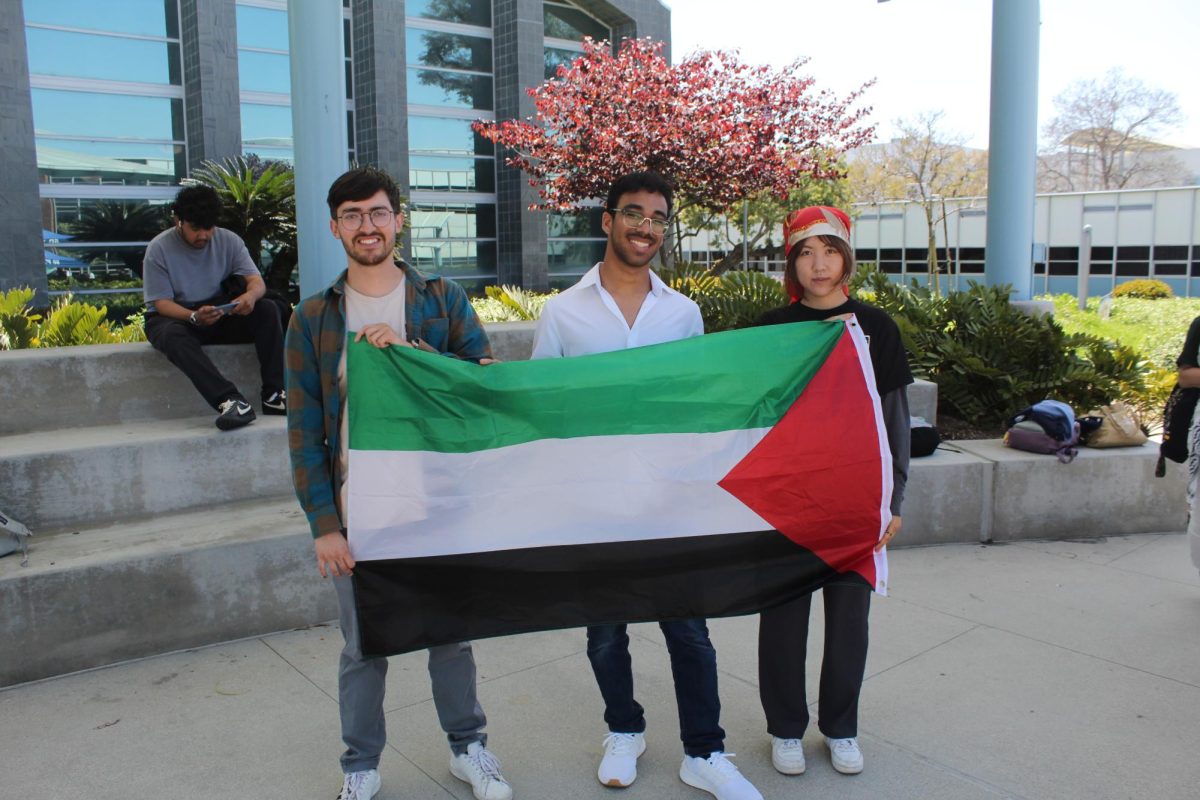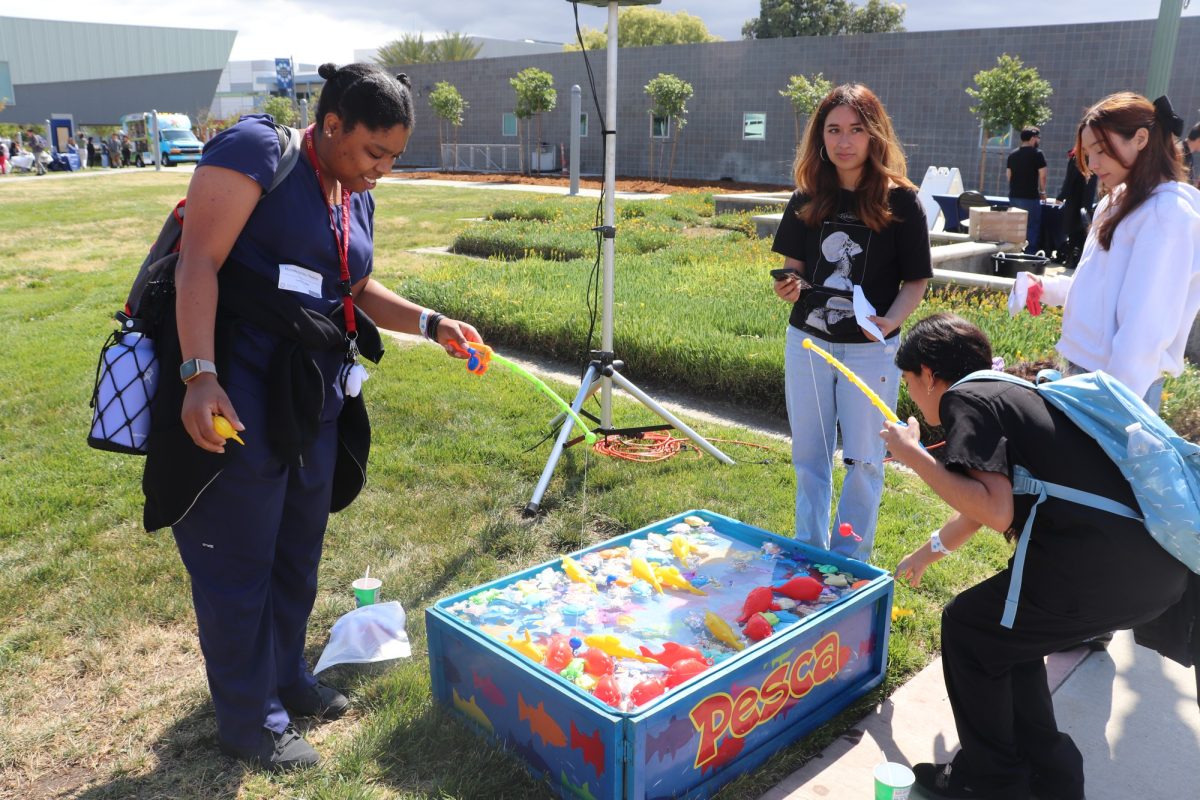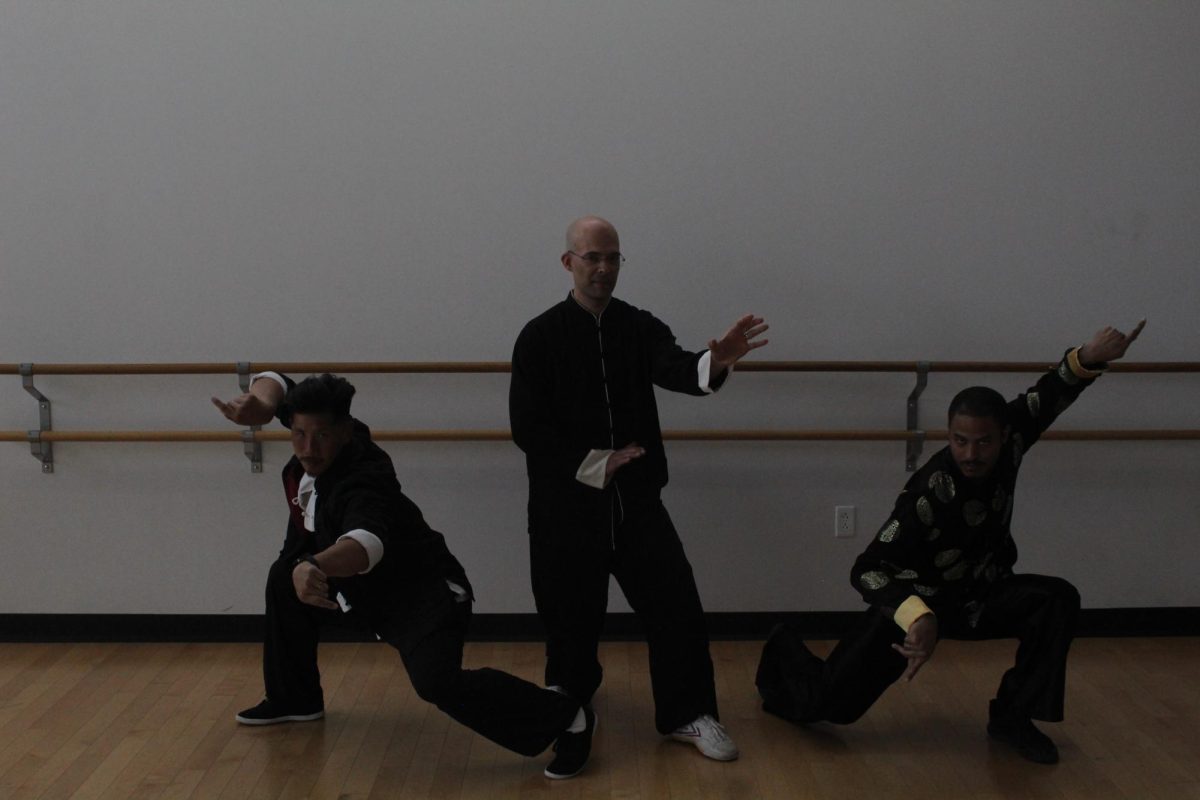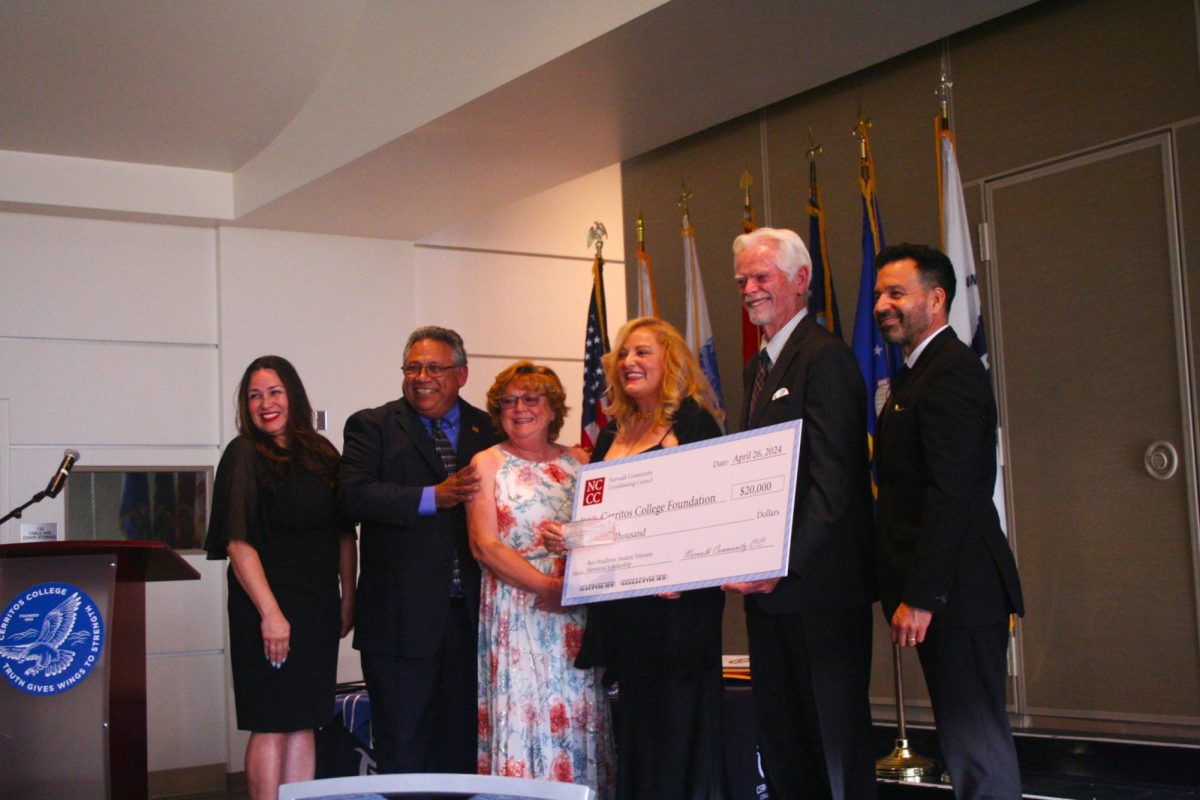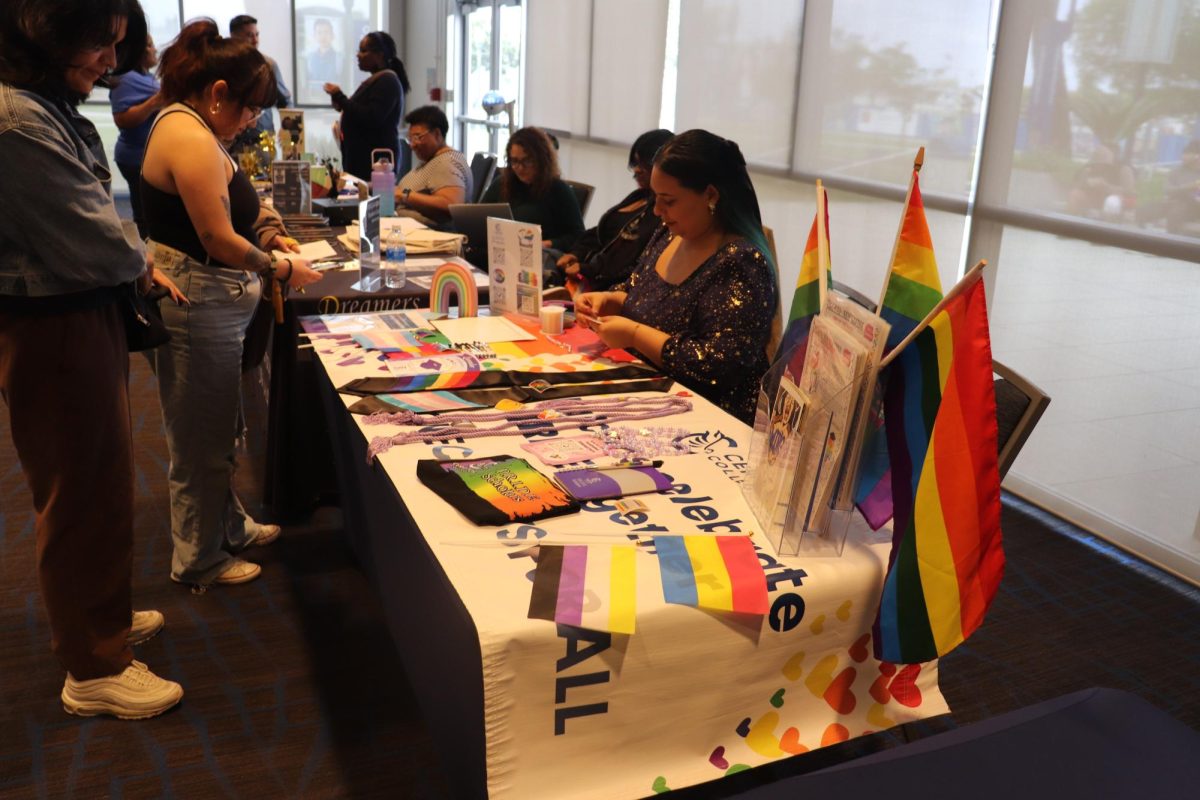Breaking Bread took place on Feb. 24th where professor Amiri Mahnzili and Dr. Natalie Sartin discussed life through Blackness, as the teaser suggests.
Sartin is a part of the English faculty and is the department chair of the Black/Africana studies department. She was born in Louisiana, loves reading (autobiographies), cooking, spending time with her family and gardening.
Mahnzili teaches Black/Africana Studies and is looking to get his Ph.D. at a Cal State University. He loves music, collecting records and reading Afrocentrism.
Before beginning with the discussion, we first did libation where we would pay respects to any ancestor of ours (dead or alive) and then pour wine near a plant.
The department chair of Black/Africana studies brought up the three main goals for Black studies, which are culture growth, academic acceleration and social responsibility.
After Mahnzili and Sartin had their great discussion, they asked the chat to ask questions that they had for either one of them.
“We’re all the same even with our differences,” Mahnzili said, “if we are able to come together collectively, things change.”
Once all the questions were answered, the oldest member of the zoom would allow us to call it a day.
The goal of the Breaking Bread event was to highlight the hard work and brilliance of Black Africana Studies.
Mahnzili explained an experience where he was brought into the principal’s office and she proceed to show all of the material things she has. Not only that, she tells Mahnzili that at the rate he’s going, he’ll either be in jail or die – which had an everlasting effect.
Sartin also explained the experiences she gathered with her family, the sense of community she gained and the respect she had for her elders.
Mahnzili also brought up why Black History Month is important. “It offers a telling of history that is rooted in the truth,” he said.
Mahnzili also talks about how we can eliminate strife, which he emphasizes communication, how we talk to one another.
Sartin also brought up Du Bois’ perfect model of education where everything taught was useful and that there were no uneducated people.
Sartin said, “all people should be able to access education” and questions why we should deny people education.
Another issue brought up is suspensions and continuation school, which essentially diminishes a student’s learning.
“There is a genius in all of us,” Mahnzili said, “the reason why it’s boring is because it doesn’t relate.”
Mahnzili gives an example of where he graduated high school with a 1.89 GPA yet he’s in a Ph.D. program, which proves his initial point.
Mahnzili said, “the majority of the students in the course (Black Studies) aren’t Black, but they see themselves within the course.”
In regards to stereotypes, the two important things Mahnzili mentions are education and exposure.
“It’s easy to have a stereotype of a person who you never come into contact with,” Mahnzili said.
Mahnzili also suggests books that can get you started in Africana Studies, which are Introduction to Black Studies, Destruction of Black Civilization and Stolen Legacy.
Mahnzili and Sartin suggest that if you are interested in the Breaking Bread conversation, sign up for the introduction to Black Africana Studies 105 course.
If you have any questions, you can email Mahzili with either [email protected] or [email protected] or email Sartin at [email protected].
In March, they plan to have a voting rights meeting and another breaking bread event.








